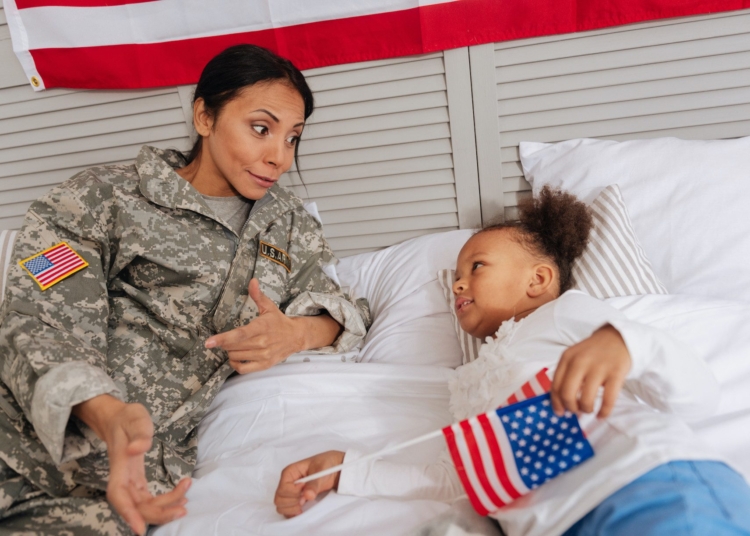Post-Traumatic Stress Disorder (PTSD) can have a significant impact on military families, especially those whose loved ones have been deployed to combat zones. PTSD can lead to emotional strain, relationship struggles, and financial burdens within these families. It is crucial for military families to seek help and support when dealing with the challenges of PTSD. Counseling, therapy, social support groups, education, and self-care are all important tools for families to utilize. With the right support and resources, military families can navigate the difficulties of living with a loved one who has PTSD and come out stronger on the other side.
The Impact of PTSD on Military Families
Post-Traumatic Stress Disorder (PTSD) is a mental health condition that can develop after a person has been exposed to a traumatic event, such as combat experiences, natural disasters, or serious accidents. For military service members, especially those who have been deployed to combat zones, the risk of developing PTSD is significantly higher.
PTSD can have a profound impact on not only the individual who experienced the trauma, but also on their families. Military families often face unique challenges when dealing with a loved one who is suffering from PTSD. Here are some of the ways that PTSD can affect military families:
Emotional Strain
Living with a loved one who has PTSD can be emotionally draining for the entire family. The individual with PTSD may experience mood swings, anger outbursts, and feelings of guilt or shame. This can create a tense and stressful environment at home, causing family members to also experience feelings of anxiety, fear, and helplessness.
Relationship Struggles
PTSD can strain relationships within military families as well. The symptoms of PTSD, such as emotional detachment, avoidance of social situations, and difficulty expressing emotions, can lead to communication breakdowns and feelings of disconnect between family members. This can put a strain on marriages, parent-child relationships, and sibling relationships.
Financial Burden
Military families may also face financial challenges as a result of PTSD. The individual with PTSD may have difficulty holding down a job or may require ongoing medical treatment, resulting in lost income and increased medical expenses. This can put a strain on the family’s finances and create additional stress and anxiety.
How to Find Help and Support
It is important for military families dealing with PTSD to seek help and support. There are a variety of resources available to help families cope with the challenges of living with a loved one who has PTSD. Here are some ways to find help and support:
Counseling and Therapy
Counseling and therapy can be beneficial for both the individual with PTSD and their family members. Individual therapy can help the person with PTSD process their trauma and learn coping strategies, while family therapy can help improve communication and strengthen relationships within the family.
Social Support Groups
Joining a support group for military families dealing with PTSD can provide a sense of community and understanding. Connecting with others who are going through similar experiences can offer emotional support, practical advice, and a sense of camaraderie.
Education and Resources
Educating yourself about PTSD and its effects on military families can help you better understand what your loved one is going through and how you can best support them. There are also many resources available, such as online forums, books, and websites, that provide information and guidance for families dealing with PTSD.
Self-Care
It is important for family members to prioritize self-care and practice healthy coping strategies when dealing with a loved one who has PTSD. This may include taking time for yourself, engaging in stress-relieving activities, and seeking support from friends and other loved ones.
Overall, living with a loved one who has PTSD can be challenging, but with the right support and resources, military families can navigate these difficulties and come out stronger on the other side.













